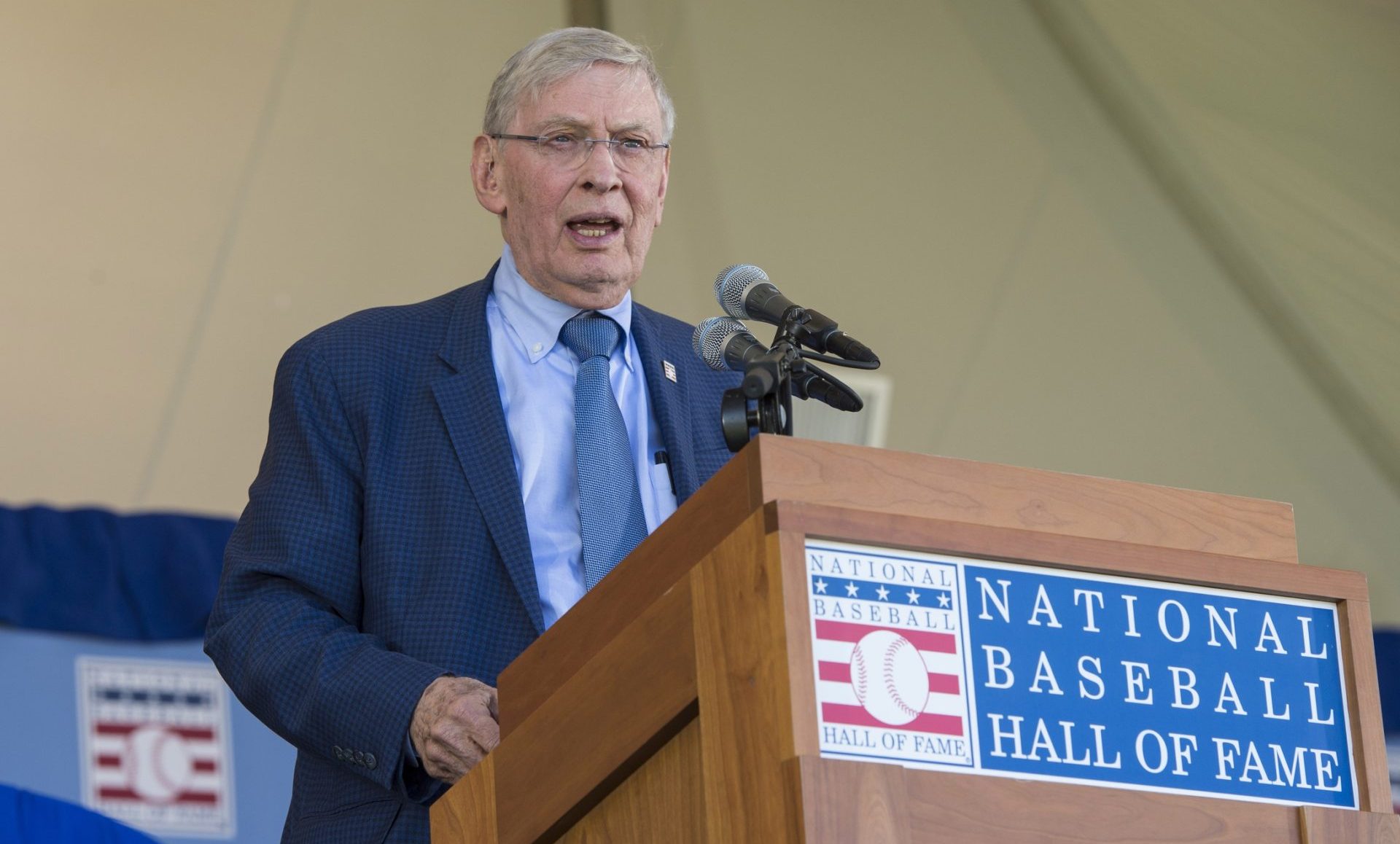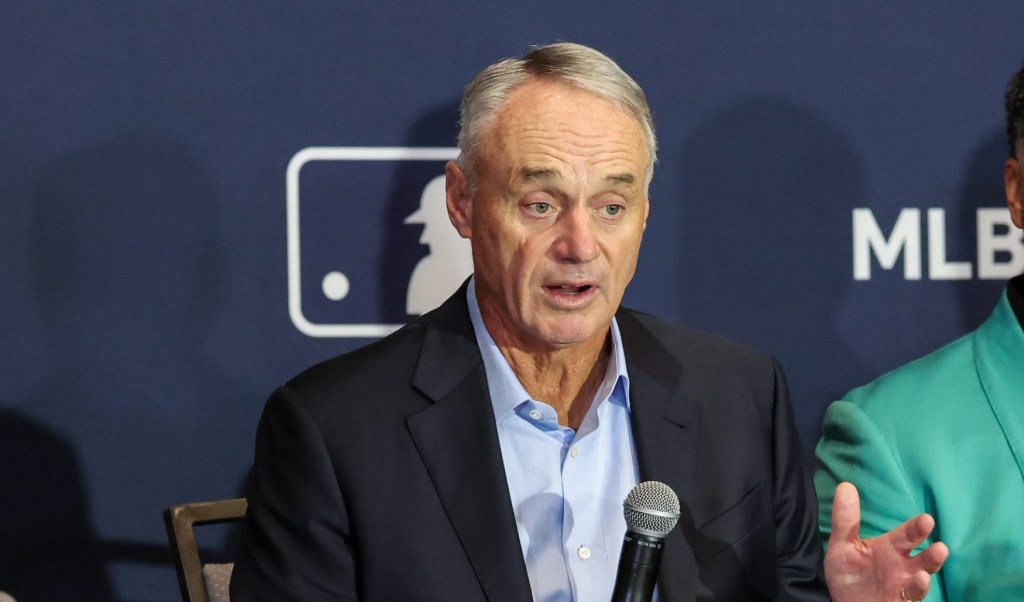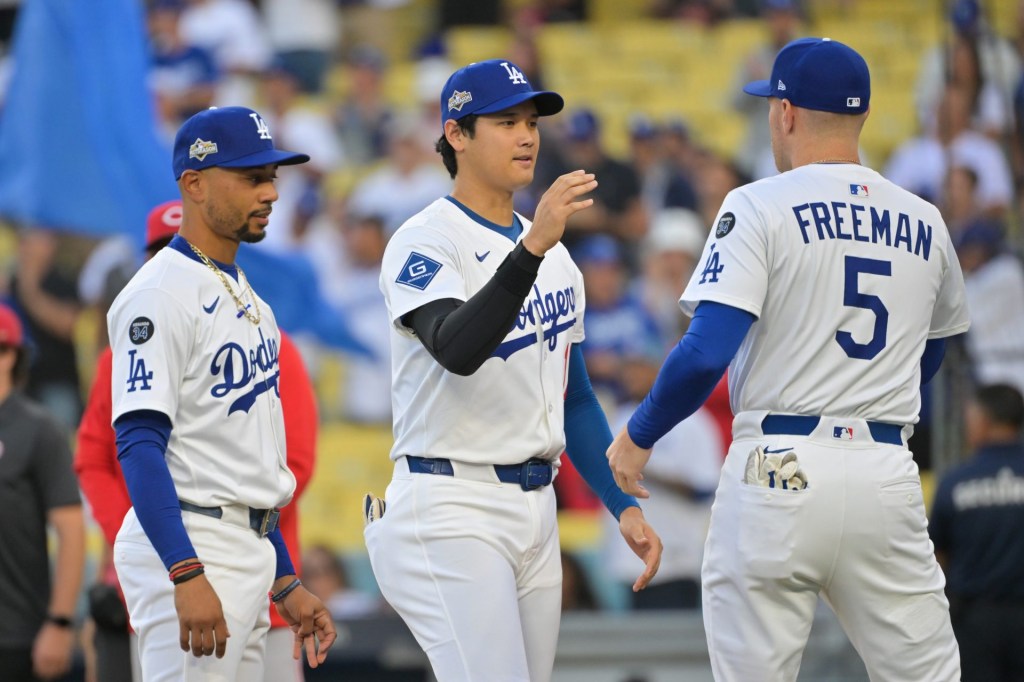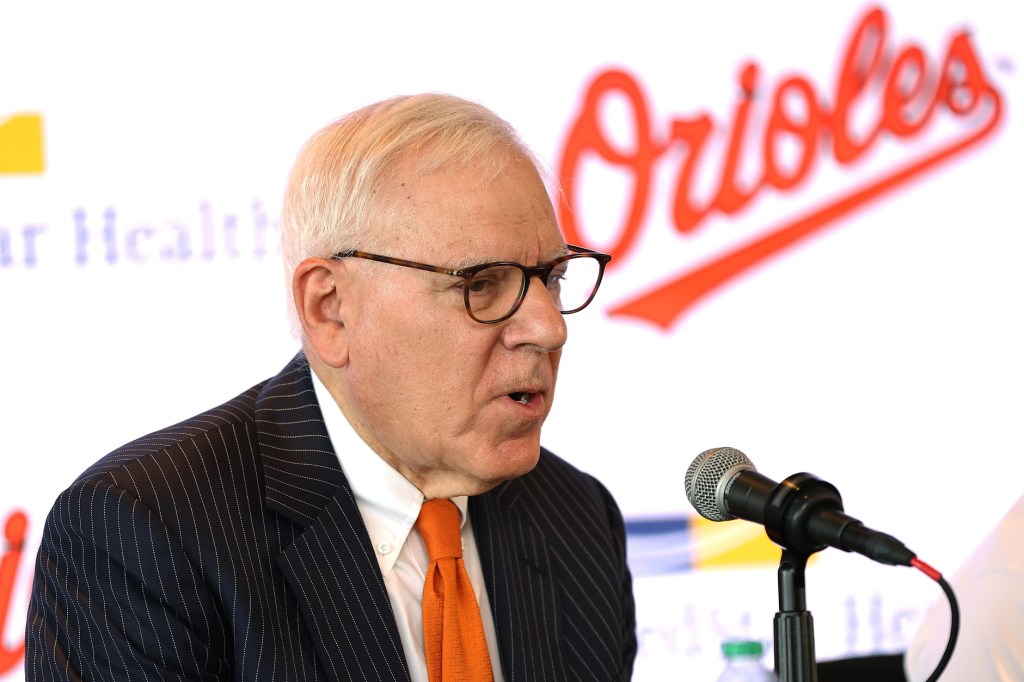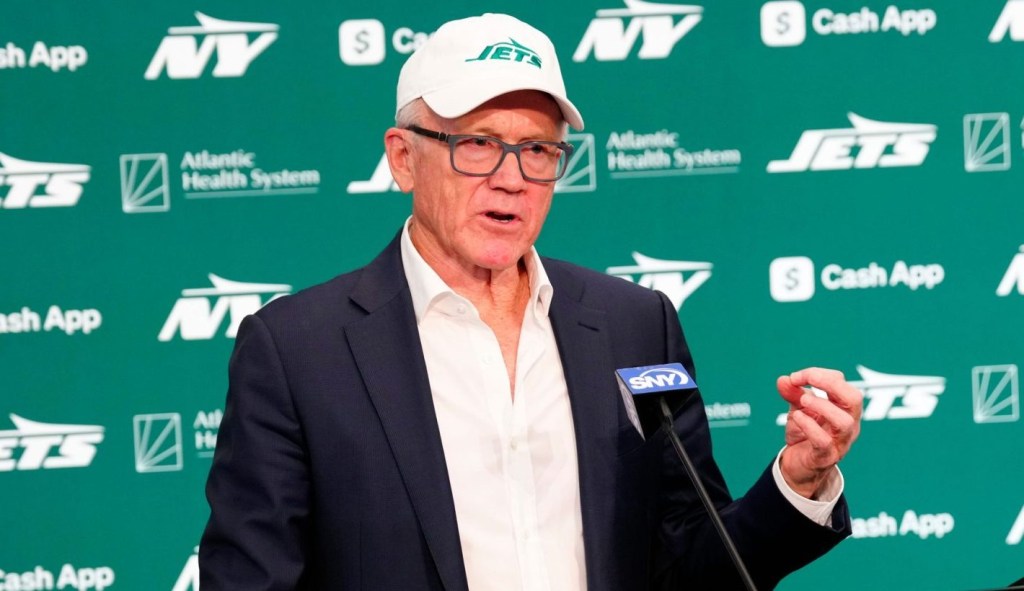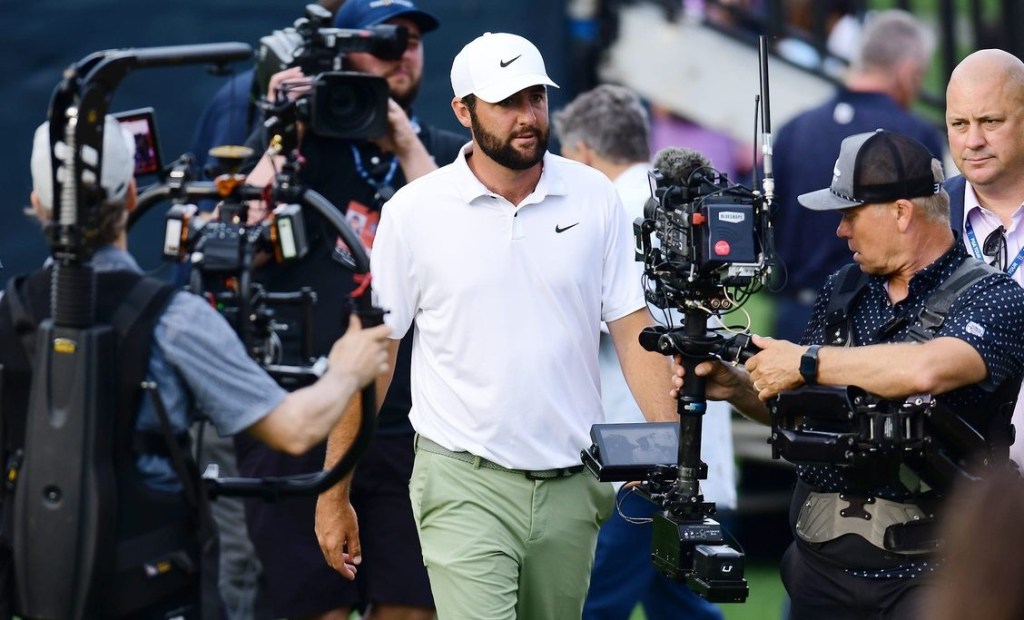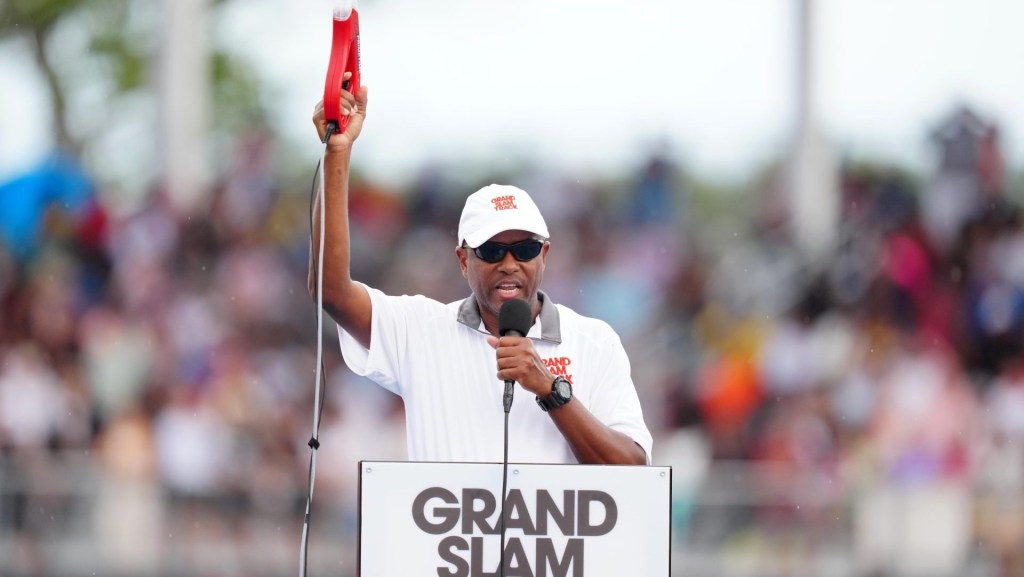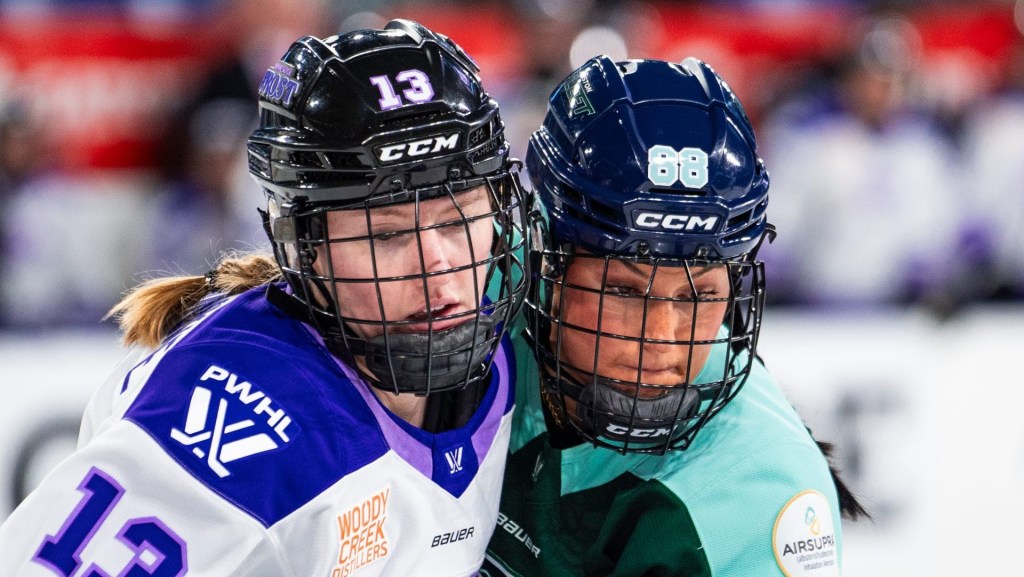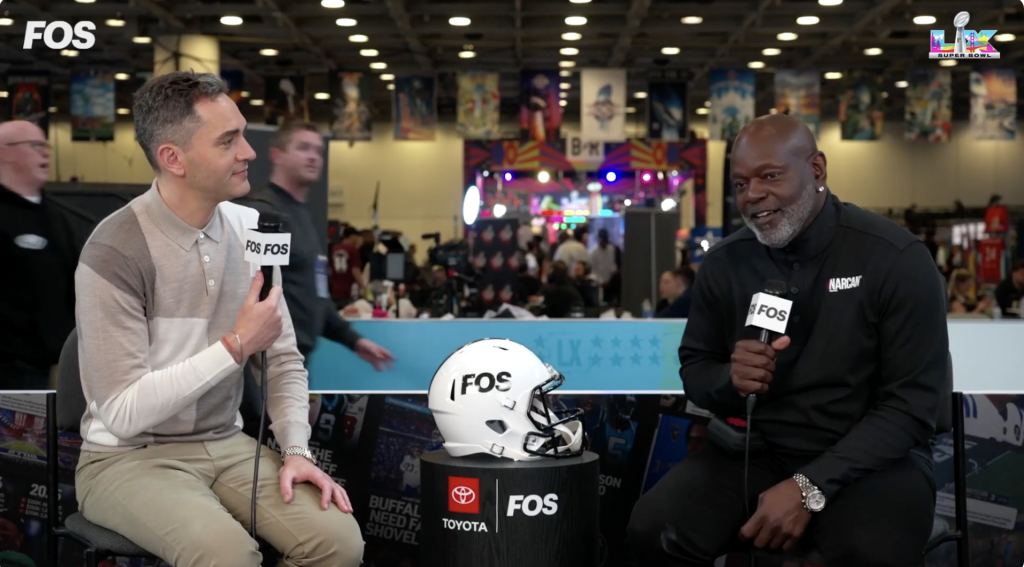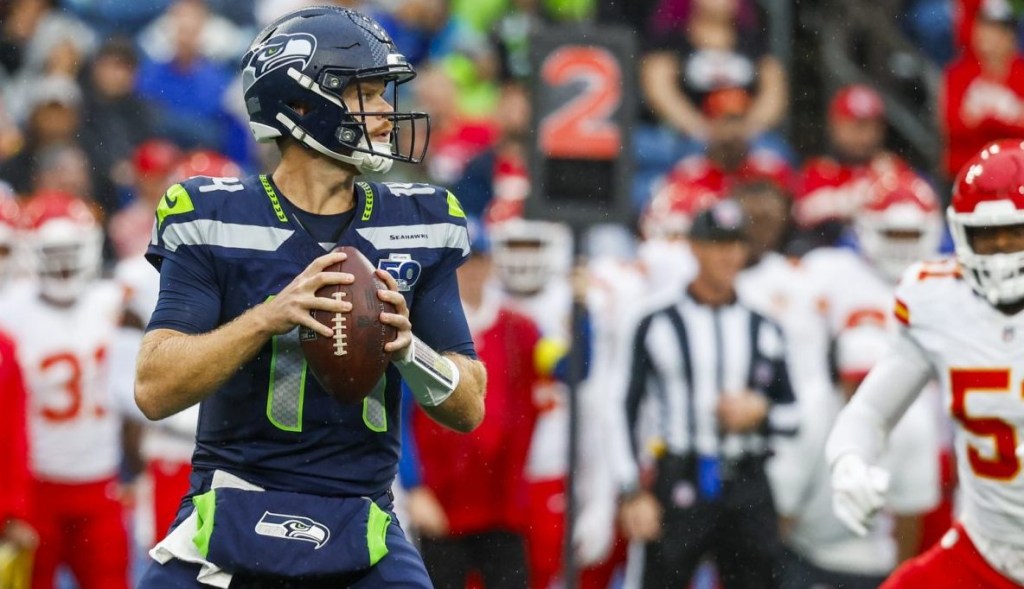The implementation of a salary cap in MLB has received another significant public endorsement from one of baseball’s elder statesmen.
Bud Selig, now MLB’s commissioner emeritus, said on The MVP Podcast that there is merit to baseball introducing a salary cap, pointing to ongoing success with the structure in other major men’s pro sports leagues such as the NFL, NBA, and NHL.
“Three of the other major sports all have salary caps, and they’re working,” Selig said on the podcast hosted by former MLB Most Valuable Player Mo Vaughn in an episode released Thursday. “And they’re working well.”
It’s hardly a surprise that Selig would favor a salary cap, as he’s supported a cap or similar economic mechanisms for decades. Selig was acting commissioner in 1994 when an insistence on a cap by owners led to a strike by the MLB Players Association and, ultimately, a premature end to that season, including the cancellation of the World Series.
Selig, however, has kept a fairly low public profile during the 10-plus years that his successor, Rob Manfred, has been commissioner. The 91-year-old Selig was recently part of celebrations in Milwaukee honoring the life of late Brewers broadcaster Bob Uecker, but he otherwise has been more private.
The former commissioner also maintains close ties with many team owners and executives at the league headquarters.
Fraught Landscape
Public discussion about a potential MLB salary cap is growing as the league and union prepare to conduct formal bargaining beginning early next year. The current five-year labor agreement expires in December 2026, and there is widespread concern about an escalating fiscal divide in baseball—particularly as the Dodgers’ current luxury-tax payroll of $405 million is nearly five times as large as the Marlins’ comparable figure.
Other pointed comments on the matter include those from Rockies owner Dick Monfort, who said early this year, “Something’s got to happen. The competitive balance in baseball has gotten to the point of ludicrosity now.” Along similar lines, Manfred has begun to make a case to individual players for large-scale economic change.
“Anything that increases competition, I’m for,” Selig said. “Having run a team myself, I know how tough it is. I think we have a decent level of competition, but if there are things in the new collective bargaining agreement that help in that area, I’m for them.”
The union has maintained its opposition to a cap even longer than Selig has supported one, including the successful resistance to one in 1994–95. Last month, MLBPA executive director Tony Clark said a salary cap “fundamentally erodes guaranteed contracts. It pits players directly against one another. … It is the opposite of what you often hear it described as.”
Tensions are continuing to grow around the game as next year’s labor talks approach. Selig cautioned those tensions could disrupt MLB’s ongoing growth in key matters such as attendance and viewership, and he called for greater dialogue between the two sides.
“The last 22 years of my commissionership, we had no lockout, no strike, no nothing, and that really helped us,” he said. “I think, when you look back, some of the labor problems that we had really hurt us. So we have to be careful about that.”
